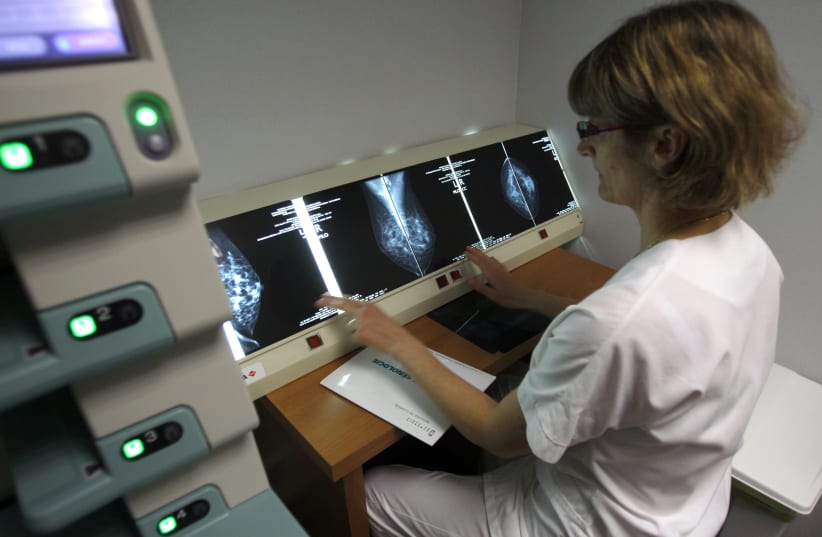The vaccine, like other inoculations, can cause the temporary lymph node enlargement, which can make a mammogram seem abnormal, even if there's no cancer.
"Lymph nodes under the arm where a person has gotten a vaccine can become enlarged as part of the normal immune response to the vaccine," explained Dr. Lisa Mullen, a radiologist, in the article.
The enlargement can occur after the first or the second dose, but should only last a few weeks after the second dose.
Other vaccines, such as the shingles vaccine, pneumonia vaccine or the diphtheria/tetanus/pertussis (D-TaP) vaccine, can cause the lymph nodes to temporarily enlarge as well.
If a mammogram shows abnormally large lymph nodes without an obvious explanation for the change, patients may be called back for further imaging. While Muller stressed that it's better to be safe than sorry, she acknowledged that being called-back can cause anxiety, confusion and inconvenience.
After the follow-up imaging, patients also receive an ultrasound of the underarm, provide medical history and measure the lymph nodes and must return for another ultrasound in three months to make sure the nodes shrink back.
“Abnormal-appearing lymph nodes on a mammogram can set off a chain of testing that is expensive and anxiety-producing," said Muller.
Guidelines set by the Society of Breast Imaging advise patients without symptoms to schedule their mammogram before their first dose of the vaccine or four to six weeks after the second dose.
Muller stressed that patients coming in for symptoms such as breast pain, a breast lump, nipple discharge or a doctor referral for a mammogram should get tested without waiting.
“We’re doing our best to educate patients and avoid unnecessary recalls, tests and anxiety. We want patients to rest assured that a temporary enlargement of the lymph nodes after the COVID-19 vaccine just means the immune system is doing its job," said Muller in the article.
